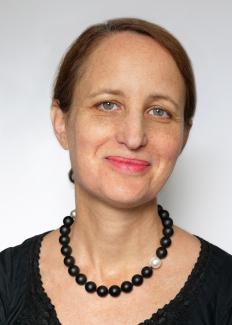
Parents, teachers, and school boards arguing over how classrooms talk about race. Monuments coming down. Passionate defenses of our history as a noble past clashing with views that see that same history as the roots of today’s injustice.
In the United States and around the world, we’re debating what our history is, what it means, and how to share it. “We have to somehow acknowledge that it can take hundreds of years to discover the meaning of something, just as if an event happens in our own life, it can take us years for us to process that event,” says David Young Kim, an associate professor of history of art. “I just love that quote from William Faulkner when he says, ‘The past is never dead. It’s not even past.’”
How does history affect our lives? How can we make it come alive? What does it mean to rewrite history? Three historians share their thoughts.
Reexamining our history through the lens of the present is not new, says Sophia Rosenfeld, Walter H. Annenberg Professor of History. “I had excellent teachers in high school and college who made it clear that history was a good way of thinking about the past, but also a good way of thinking about the present,” she says. “It gave you a perspective on where you’re situated in the world and what other possibilities are out there.”
More than that, she says, history has always been written in some way to serve the present, whether it’s as entertainment, moral didacticism, or political persuasion. “We’re not finished writing it not just because the past keeps getting longer,” she explains. “It’s also because the present keeps changing. We ask new questions about the past that are often related to what’s happening in the world today.”
Rosenfeld studies the underlying assumptions that have grounded democracy since the 1650s. In her most recent book, Democracy and Truth: A Short History, she took what she’d learned about the connections between truth and democracy historically to evaluate their bearing on modern-day politics. A previous book, Common Sense: A Political History, won the Mark Lynton History Prize and the Society for the History of the Early American Republic Book Prize and has been translated into French, Chinese, and Korean.
Looking back at the past through our present perspective doesn’t mean drawing a straight line between the two. Heather Andrea Williams, Geraldine R. Segal Professor in American Social Thought, finds that many students—and adults—think they can directly connect something that happened in the past to something now. “In class, when we’re talking religion, somebody will start to formulate some arguments about religion or Christianity, and I’m saying slow down, slow down,” she says. “We’re going to spend a week talking about that and reading ‘till we work this out, and then you may still form the same conclusion, but at least you’ve thought about it.”
Read the entire story HERE
